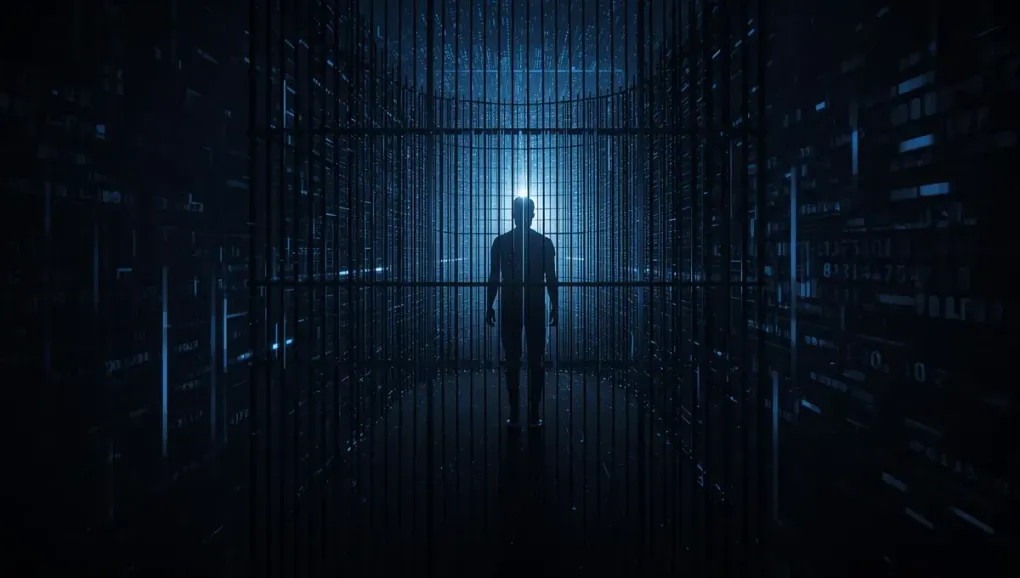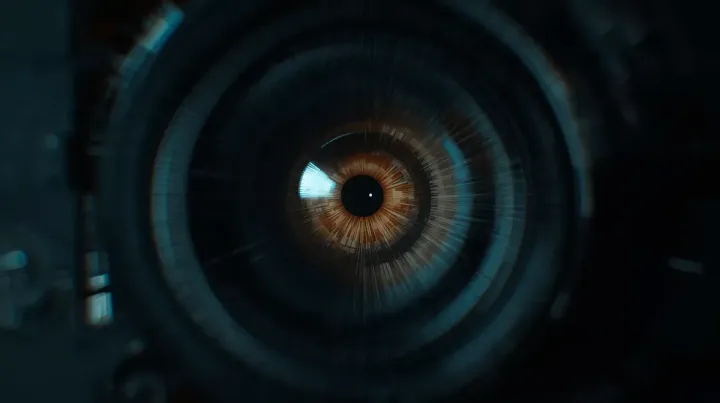
The Unfolding Dystopia: How Our Tech Dreams Became a Nightmare
For decades, dystopian futures were confined to the pages of science fiction novels and the silver screen. We read Orwell, watched Blade Runner, and thought, “That could never happen here.” Yet, in 2025, the lines between fiction and reality are blurring at an alarming rate. The very technologies we embraced for convenience and connection are subtly, yet relentlessly, reshaping our world into something eerily familiar to those dark visions. We are not just building tools; we are building the infrastructure of our own digital cages.
This isn’t about a sudden, cataclysmic event. It’s about the insidious creep of control, the erosion of freedom by design, and the normalization of surveillance until it feels like a natural part of life. The dystopia isn’t coming; it’s already here, woven into the fabric of our daily existence.
The Panopticon in Your Pocket: Ubiquitous Surveillance
Our smartphones, smart homes, and smart cities have become extensions of a vast, interconnected surveillance network. Every click, every purchase, every movement is meticulously tracked, analyzed, and monetized. Facial recognition technology, once a tool for law enforcement, is now integrated into everything from retail security to public transportation. As articles from The Guardian and The Conversation highlight, this constant monitoring creates a chilling effect, subtly altering behavior and stifling dissent. We self-censor, not because we’re explicitly told to, but because the omnipresent digital eye makes us acutely aware that every action is recorded. The promise of safety has morphed into a reality of pervasive observation, where privacy is a relic of a bygone era.
Algorithmic Overlords: The Illusion of Choice
From the news we consume to the jobs we apply for, algorithms increasingly dictate our lives. These complex systems, often opaque and biased, shape our perceptions, limit our opportunities, and reinforce existing inequalities. Social media feeds, designed to maximize engagement, create echo chambers that polarize societies and undermine critical thinking. Hiring algorithms, while promising efficiency, can perpetuate discrimination by favoring certain demographics or backgrounds. The Brookings Institute points out that these systems, while seemingly neutral, embed the biases of their creators and the data they are fed, leading to outcomes that are anything but fair. We believe we are making free choices, but often, those choices are merely the most palatable options presented by an unseen algorithmic hand.
The Gig Economy’s Iron Cage: Labor in the Digital Age
The allure of flexibility in the gig economy has given way to a new form of digital serfdom. Workers, managed by algorithms, are stripped of traditional labor protections, benefits, and the ability to negotiate. Their performance is constantly monitored, their pay dictated by dynamic pricing models, and their livelihoods dependent on the whims of an app. This isn’t just about precarious work; it’s about the dehumanization of labor, where individuals are reduced to data points in a vast, optimized system. The promise of entrepreneurial freedom has become a reality of relentless algorithmic control, where the human element is merely a variable to be optimized.
The Erosion of Democracy: Information Warfare and Control
Technology has become a potent weapon in the hands of those seeking to manipulate public opinion and undermine democratic processes. Deepfakes, sophisticated disinformation campaigns, and targeted propaganda spread like wildfire, making it increasingly difficult to discern truth from fabrication. The ability to control narratives and sow discord on a massive scale poses an existential threat to informed public discourse. When reality itself becomes subjective, the foundations of a functioning democracy begin to crumble. The digital public square, once envisioned as a bastion of free speech, has become a battleground for hearts and minds, where victory often goes to the most sophisticated manipulator.
Resisting the Inevitable: A Call to Action
The dystopian future is not a distant threat; it is a present reality that is deepening with each technological advancement. However, it is not an unchangeable destiny. We still have the power to shape our technological future, but it requires conscious effort, critical thinking, and collective action.
- Demand Transparency and Accountability: Push for regulations that mandate transparency in algorithmic decision-making and hold tech companies accountable for the societal impact of their products.
- Protect Privacy: Advocate for stronger data protection laws and adopt personal habits that limit your digital footprint. Privacy is not dead; it’s a right worth fighting for.
- Foster Digital Literacy: Educate ourselves and others about the mechanisms of surveillance, algorithmic bias, and disinformation. A well-informed populace is the strongest defense against manipulation.
- Support Ethical Tech: Champion companies and initiatives that prioritize human well-being, privacy, and democratic values over profit and control.
The future is not predetermined. It is built by the choices we make today. If we are to avoid a full-blown technological dystopia, we must awaken to the present dangers and actively work to reclaim our agency. The time for passive consumption is over; the time for conscious creation and courageous resistance has begun.


